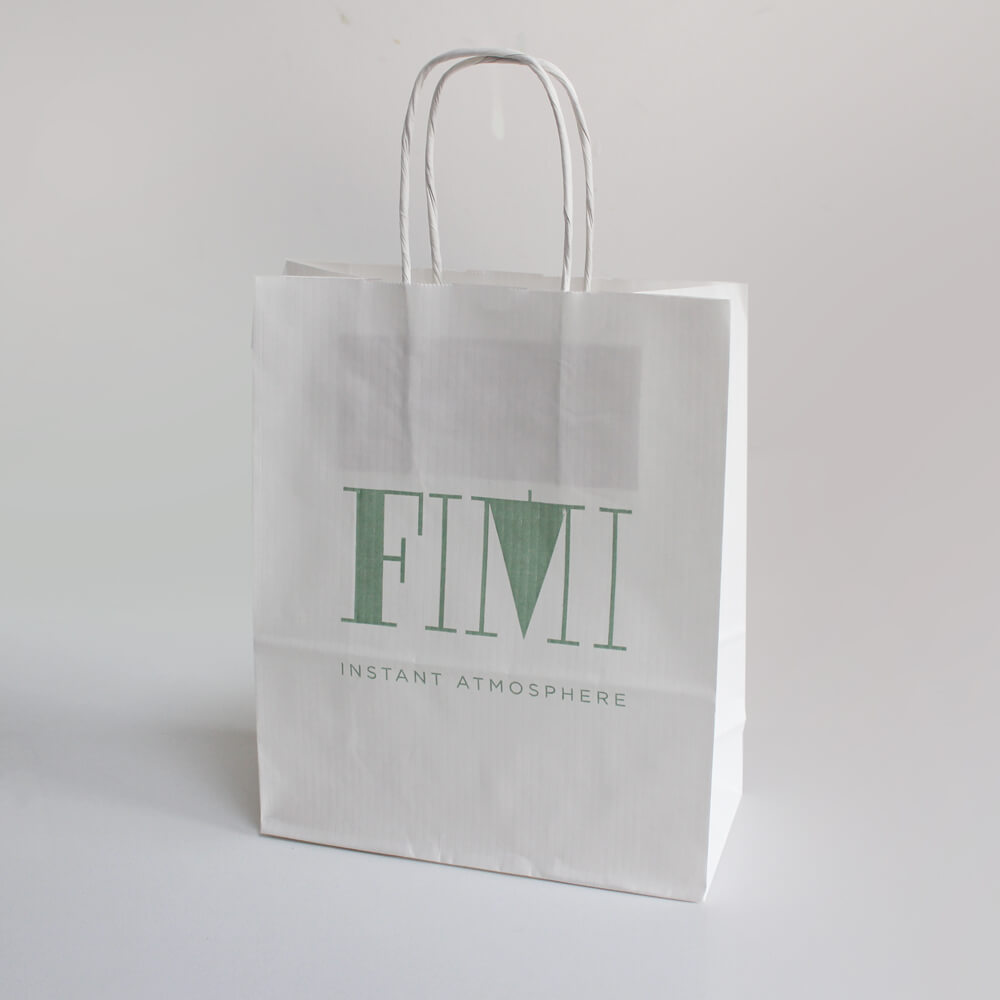The Rise of Disposable Food Packaging Boxes A Sustainable Solution?
In recent years, the food industry has seen a significant shift towards disposable food packaging boxes. These products have become increasingly popular among businesses and consumers alike due to their convenience and ease of use. However, as the demand for quick, on-the-go meals grows, so does the need for sustainable packaging solutions. This article will explore the rise of disposable food packaging boxes, their benefits and drawbacks, and their impact on the environment.
Disposable food packaging boxes offer a practical solution for restaurants, cafes, and food delivery services. With more consumers leading fast-paced lives, disposable packaging allows for quick meals that can be eaten on-the-go. Packaging options range from eco-friendly materials to multi-compartment boxes that keep different types of food separate, catering to the diverse needs of customers.
One of the significant advantages of disposable packaging is hygiene. In an age where health concerns are paramount, single-use boxes minimize the risk of contamination. They also simplify cleanup for both businesses and consumers, eliminating the need for dishwashing and allowing for easy disposal after use. This convenience has made disposable food packaging especially appealing during the COVID-19 pandemic, where contactless and sanitary practices have become essential.
From a business perspective, the versatility of disposable packaging allows for branding opportunities. Many companies use custom-designed boxes to promote their brand, enhancing the customer experience while also making their food offerings more visually appealing. Eye-catching packaging can set a business apart in a competitive market, helping attract and retain customers.
disposable food packaging boxes

However, the environmental impact of disposable food packaging cannot be overlooked. Traditional packaging materials, such as Styrofoam and plastic, contribute significantly to pollution and waste. Landfills are overflowing with non-biodegradable waste, leading to severe environmental consequences. As consumers become more environmentally conscious, the demand for sustainable packaging options is rising.
In response to these concerns, many companies are shifting towards eco-friendly disposable packaging materials. Options made from biodegradable, compostable, or recyclable materials are becoming more prevalent. For instance, boxes made from recycled paper, bamboo, or sugarcane fibers provide a more sustainable alternative while still meeting consumer demands for convenience and hygiene.
Government regulations and policies are also driving the transition toward sustainable packaging. Many cities and countries are implementing bans on plastic straws and foam containers, encouraging businesses to invest in more sustainable alternatives. This legislative push is essential in creating a market that values environmentally friendly practices and materials.
The success of disposable food packaging boxes hinges on finding the right balance between convenience, hygiene, and environmental responsibility. While they serve practical purposes in a fast-paced society, the rise of eco-conscious consumers has sparked innovation in the industry. Companies that embrace sustainable practices and packaging solutions will likely find themselves at the forefront of this evolving market.
In conclusion, disposable food packaging boxes are a testament to the changing dynamics of the food industry. They offer convenience and hygiene benefits for consumers and businesses, yet they also pose significant environmental challenges. As society shifts towards more sustainable practices, the future of disposable food packaging will be determined by innovation and responsibility. By prioritizing eco-friendly materials and practices, the food industry can continue to thrive while minimizing its ecological footprint. The movement towards sustainability is not only a trend; it is a necessary evolution for the health of our planet and future generations.



